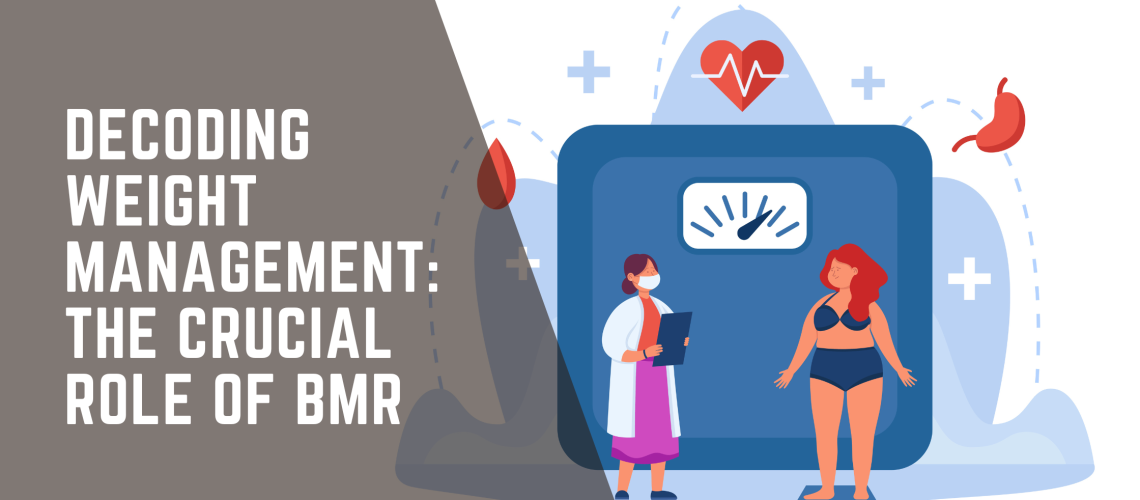Losing weight is an achievement, but keeping it off can be an uphill battle. It’s a common phenomenon – approximately 80% of people who successfully shed pounds end up regaining them. The culprit behind this struggle often lies in understanding and managing the Basal Metabolic Rate (BMR).
Let’s dive into the world of BMR and why it holds the key to maintaining weight loss success.
What is BMR?
BMR, or Basal Metabolic Rate, is the number of calories your body needs at rest to maintain basic physiological functions like breathing, circulation, and cell production. Essentially, it’s the energy your body requires to keep you alive while at complete rest.
Why Increasing Your BMR is Important
Increasing your BMR contributes to a more efficient metabolism, making weight management a smoother journey.
- Enhanced Calorie Burning: A higher BMR means your body burns more calories at rest. This not only aids in weight loss but also makes it easier to maintain your desired weight.
- Improved Fat Loss: With an elevated BMR, the body becomes more efficient at utilising stored fat for energy. This is particularly crucial for individuals following the VLCKD aspect of the ProGen Method, as the focus is on fat loss.
- Muscle Preservation: Increasing BMR often involves activities like strength training, adequate protein intake and proper sleep. This is a fundamental aspect of the ProGen Method, aiming not just for weight loss but also for enhanced muscle tone and strength.
What Happens to BMR When You Diet?
Embarking on a diet involves a calorie deficit (eating less than what you burn), and the body may respond by adjusting its BMR. This adaptation is a survival mechanism – when the body senses a decrease in energy intake, it may reduce BMR to conserve energy. While this can make initial weight loss easier, it can also pose challenges in the long run.
How to minimise reduction in BMR while dieting?
Protein-Rich Nutrition: Prioritising protein intake becomes integral to maintaining a healthy metabolic rate as BMR can decline due to muscle loss during a diet. A diet that gives you atleast 1g protein /kg of your Ideal Body Weight aids in preserving lean muscle mass which helps with maintaining your BMR.
Quality of Protein: Focusing on Complete Proteins like from Non-vegetarian foods like eggs,chicken, etc compared to Vegetarian sources of protein
Ketosis and Fat Utilisation: Inducing ketosis, a metabolic state where the body utilises stored fat for energy, not only promotes effective fat loss but also helps counteract the potential decrease in BMR by ensuring the body has an alternative fuel source.
In conclusion, understanding and maintaining an optimal Basal Metabolic Rate (BMR) is a cornerstone for effective weight management. By integrating personalised strategies to counteract BMR reduction, individuals can adopt a holistic approach that prioritises fat loss and emphasises muscle enhancement for lasting results.


